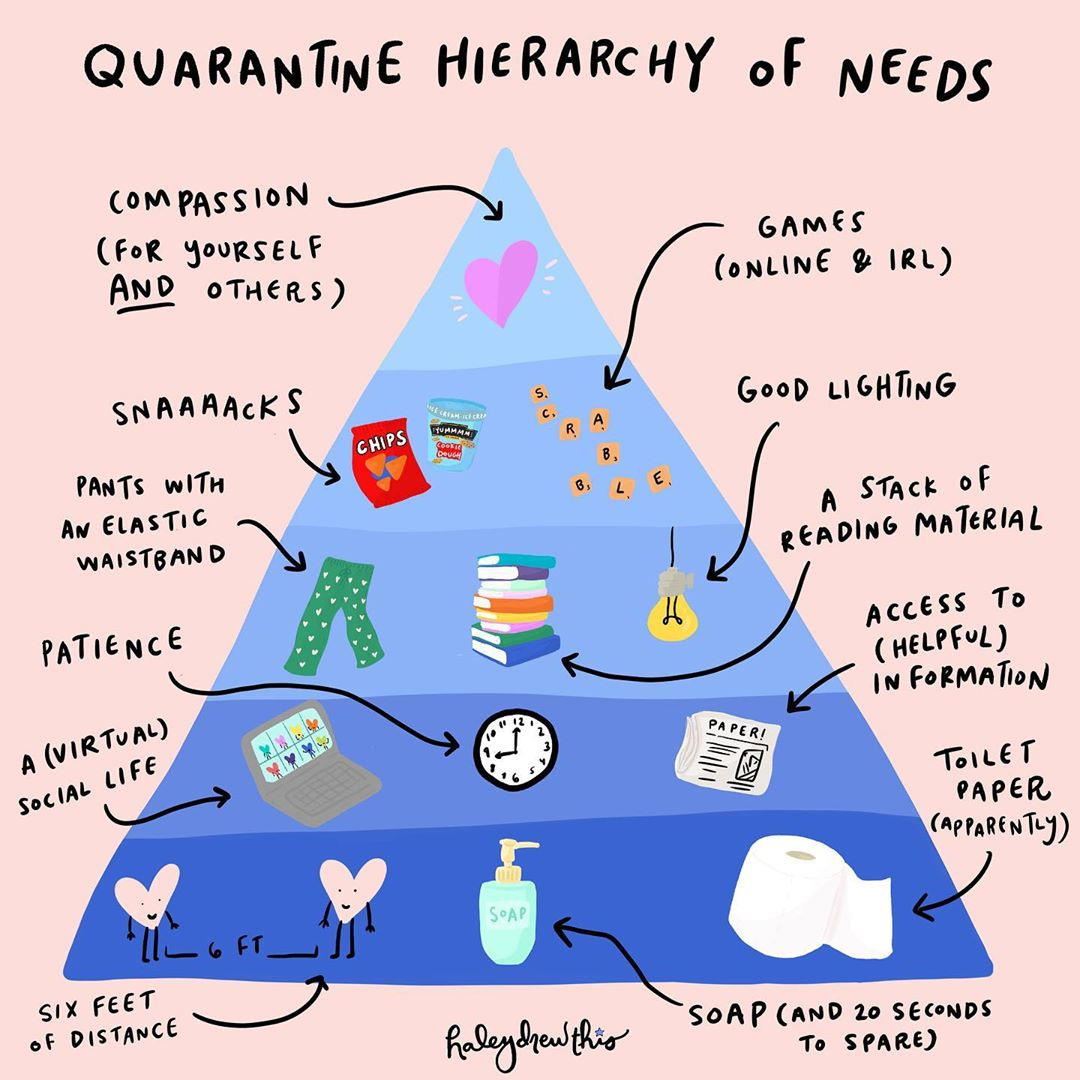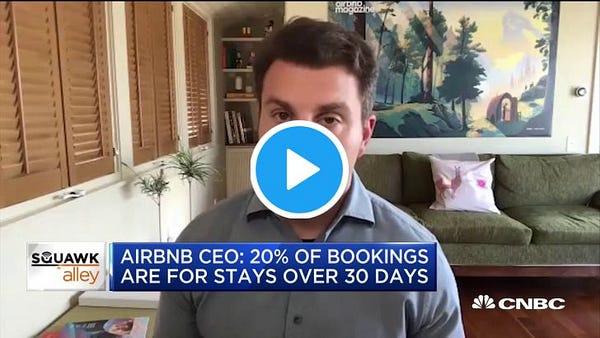In the early days of the first lockdown periods, my mind boggled watching the domino effect of isolation and social distancing restrictions on individuals, businesses and entire industries. Except it wasn’t like the sequential knock-on effect of falling dominoes at all. Instead it was more akin to the way a bushfire razes everything in its path for miles, crosses highways over to parallel tracts of bush, and then randomly spares entire properties, leaving homes completely undamaged.
I believe it’s true that no-one has been immune to experiencing the impact of COVID-19, and in this way it has been an equaliser of sorts - a reminder that we are undeniably in this together. However, the impact on some industries, businesses and communities over others has been disproportionate, hard to predict and in many cases critical. I have become fascinated with trying to understand how certain businesses or industries were been completely checkmated into survival mode (in a best case scenario), some pivoted in ingenious ways to make ends meet, and others shot from relative obscurity to become critical infrastructure. The trends and obsessions that suddenly captivated people as they reassessed their values and adjusted to #iso-lyfe. The aftershocks that keep rippling as what seemed to be a temporary phase now becomes an extended or open-ended reality.
Travel, live gigs, restaurants - OUT.
Endless Zooms, homeschooling, sourdough - IN.
Retail, logistics, healthcare - caught out in various states of preparedness for a digital-only world.
A new socio-economic shift that resets ‘the norm’ is guaranteed, much like the way the sharing economy emerged in response to the Global Financial Crisis. In fact, the models and behaviours we adopted through the sharing economy have been the first to highlight our vulnerability in this new era. In cities around the world, we have become so dependent on the notions of access, convenience and opportunism embedded in sharing economy platforms that we’ve built a house of cards. We outsource the provision of our needs to a contingent workforce that is now putting themselves at greater risk, or finding themselves without the volume of work they need to make a decent income from. As a result, we are also finding that we often lack the basic skills and resources required to look after ourselves at the most basic level.

Not actually Maslow’s hierarchy of needs. Image credit: @haleydrewthis
This got me thinking about Maslow’s classic hierarchy of needs and what this theory tells us about the world we’ve built, what’s gone wrong and how we should think about building from even more resilient foundations out the other side. This is when I realised just how lopsided the impacts and behavioural responses have been.
For example, the bottom layer of the pyramid focuses on meeting our physiological needs - specifically food and shelter. Looking at government assistance packages, it’s clear the focus to keep a roof over people’s heads was primary. Similarly, the way nurseries and homemaker centres across the country ran out of seeds and gardening supplies heralded a potentially alarming realisation that most of us wouldn’t be able to sustain ourselves or our families in an emergency situation. While baking sourdough may well have been ‘a cliche of non-essential privilege in the social isolation era’, I think it represented something more.
At the other end, the apex of the pyramid is represented by self-actualisation, which was obviously impacted in interesting ways. The prospect of travel and other epicurean pursuits were taken off the menu, but instead we saw online course providers like Coursera and Udemy take full advantage of people’s desire to skill up and learn something new. Similarly, the six degrees of Kevin Bacon of this era might be the three degrees of knowing someone with a podcast or newsletter, as content creation became a more ambitious alternative to Netflix consumption. These activities could also feed into the Esteem layer of the pyramid one rung down, however most of it has been done for one’s own sense of satisfaction, rather than external reward or acknowledgement.
To me, what was most fascinating was the layer that emerged as the beating heart of the pyramid of needs - the middle layer of love and belonging. You only needed to check the stock price of Zoom (remember its $ZM not $ZOOM…), or the popularity of social video apps like Houseparty through early lockdown days to believe that amidst everything, what was most important was our ability to connect with each other. (Related: Sam Wong from Blackbird wrote a great article yesterday about the current state of video chat.) Globally, we are facing a very extended phase of physical disconnection as friends and family find themselves stuck across seas, across borders and even across post codes (sorry, Melbourne). Finding ways to combat the loneliness of isolation and distance meaningfully could actually become the defining challenge of this period in history.
So if the layer of love and belonging remains just as, if not more, important than the bottom layer of physiological needs, and the ultimate goals of self-actualisation, what does that say about Maslow’s original theory of a hierarchy to be conquered? Perhaps in a post-COVID world we will instead turn our attention to integrating the layers of the pyramid more holistically. If community and connection can be viewed as the strong foundation that enables everything around it, I believe we can create an even more resilient economy out the other side.
TECH
I’ve been a champion of the power of community for almost a decade, and it has always frustrated me how challenging it is to quantify, or fully realize its value from a strategic perspective (though the incredible work of my friend and founder of CMX Hub, David Spinks, has gone far toward making this easier). Network effects always felt like a reductionist way of interpreting community so this take from D’Arcy Coolican at a16z is heartening.
One of the most wonderful people I met in my time researching the sharing economy, TaskRabbit founder Leah Solivan is now Partner at Fuel Capital. She riffs here on the potential for the sharing, or gig, economy 2.0 to solve some of the problems that emerged in the first wave.
I first visited Airbnb’s office in 2010 when there were 30 people on the team, and visited subsequent HQs as they scaled beyond 1000 in the US alone. The reality of their business being throttled overnight was sobering to watch.


RELATED: Brian’s letter to the Airbnb team announcing impending layoffs on a massive scale as travel shut down around the world. What struck me about this note was hearing Brian’s authenticity shine through, and the reference of returning to the core principle of belonging.
ECONOMY
Speaking as someone who has been privy to how the book sausage gets made, the idea that there was a volume ready for release in March of this year titled Radical Uncertainty feels like one of the most prescient publishing coups of the last decade. A thought-provoking read.
A great deal of strategy work is trying to figure out what is going on. Not just deciding what to do, but the more fundamental problem of comprehending the situation.
If the rules of our economy and monetary systems aren’t being reimagined right now, we’re perhaps missing one of the greatest opportunities to change the course of society. Modern Monetary Theory feels like a good place to start.
RELATED: Professor Stephanie Kelton’s book on the topic, The Deficit Myth. I haven’t read it, but it’s on the list.
HUMAN CONDITION
I’m a big fan of Irrational Labs and the work of Dan Ariely and Kristen Berman. Here they explore how the Loneliness Epidemic might be tackled by de-risking the process of forming higher-quality friendships through redesign of the social norms.
BONUS: It would be inappropriate not to leverage the current climate of Hamilton-mania given it is one of the most incredible studies of the human condition and the complexities that drive us all. The excellent podcast Strong Songs delves deep into the brilliance of what makes some music so impactful (think Kiss From A Rose and Last Goodbye…). In this episode, host Kirk Hamilton dissects one of my favourite songs from the Hamilton soundtrack, ‘Satisfied’, performed by Renee Elise Goldsberry in her role as Anjelica Schuyler. Only surpassed in my mind by ‘Wait for It’ and ‘Non-Stop’, this song is sheer brilliance, and a highlight of what is an incredible musical accomplishment.





